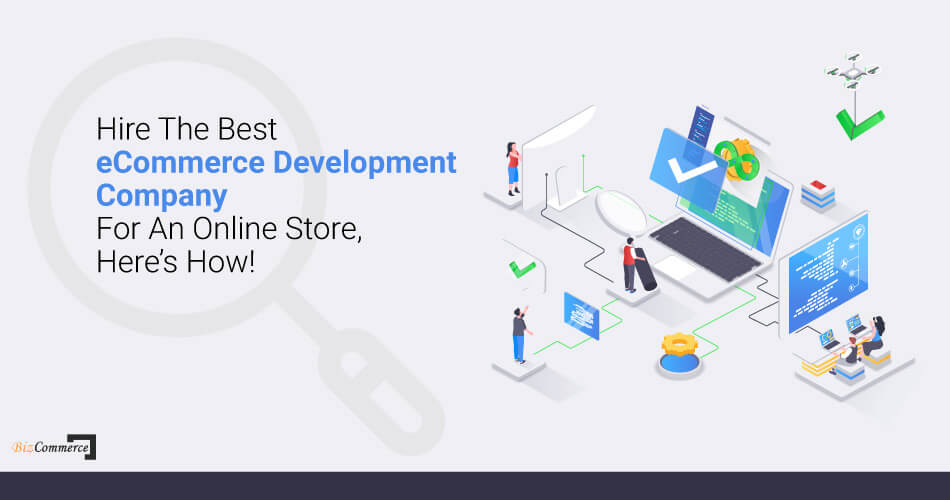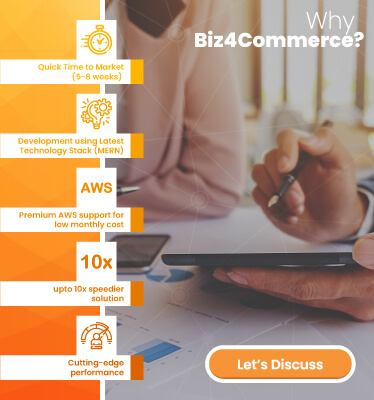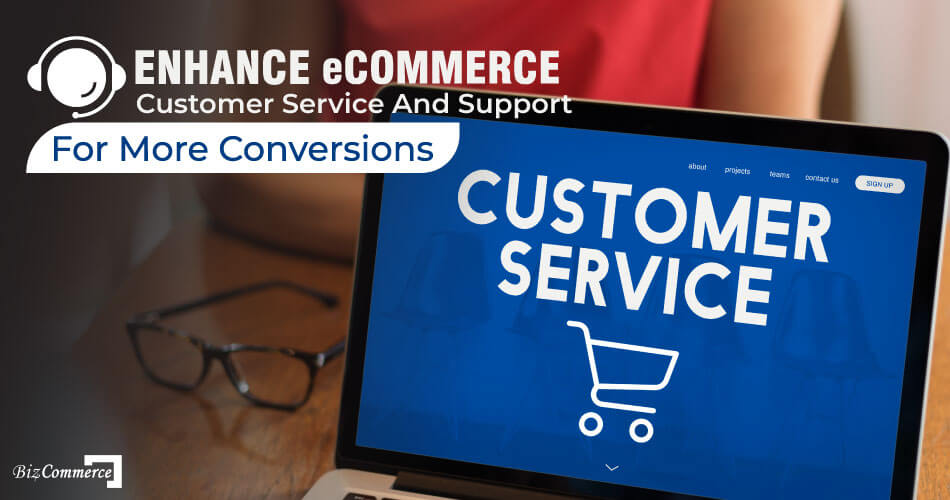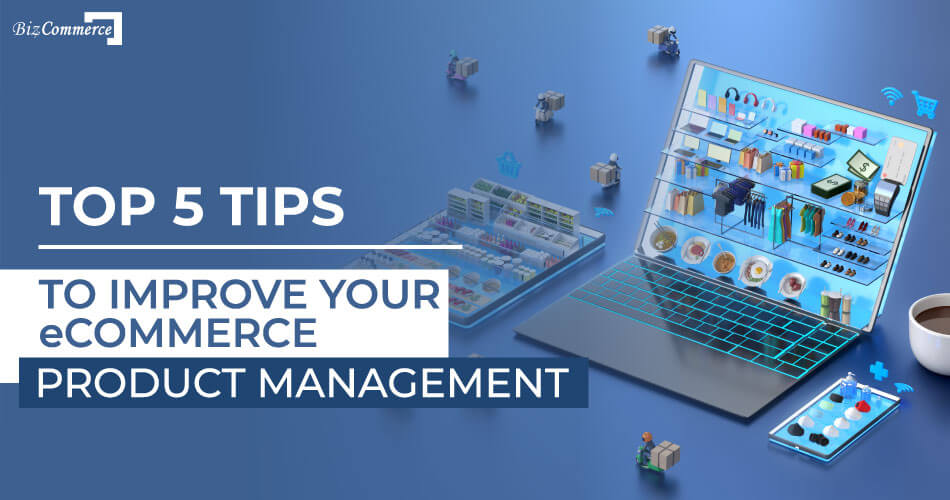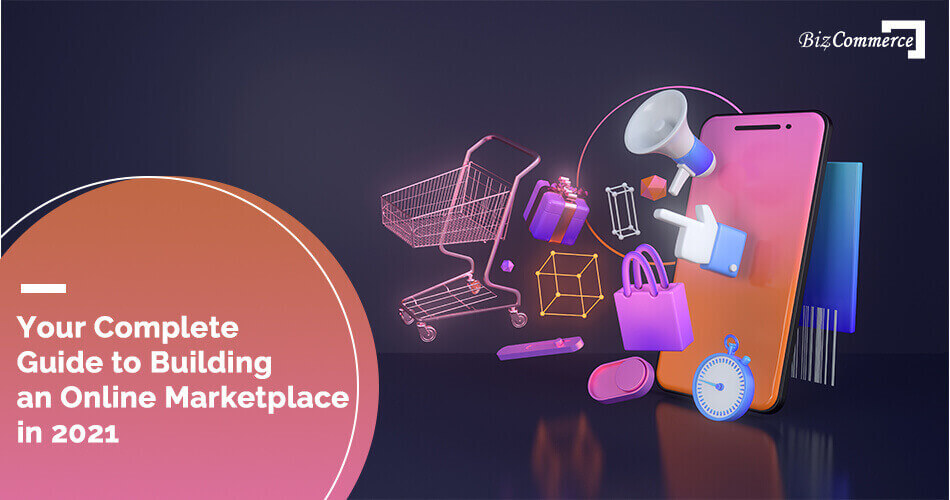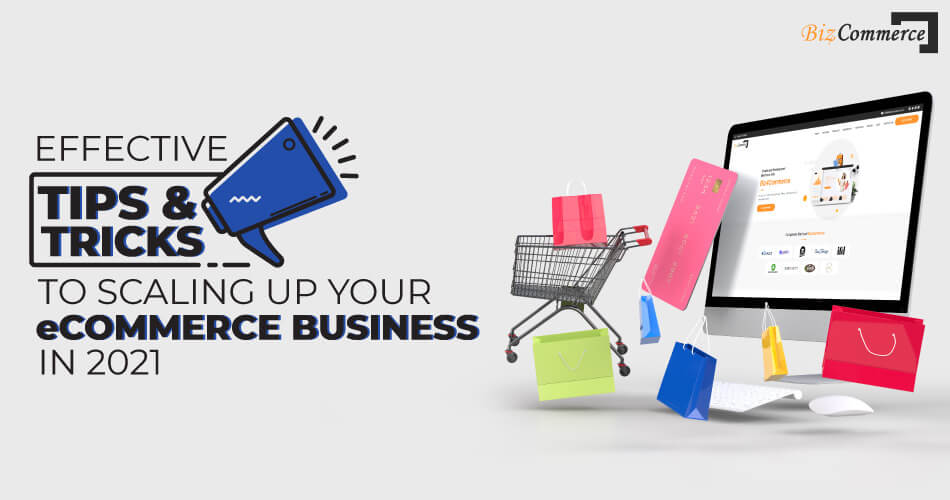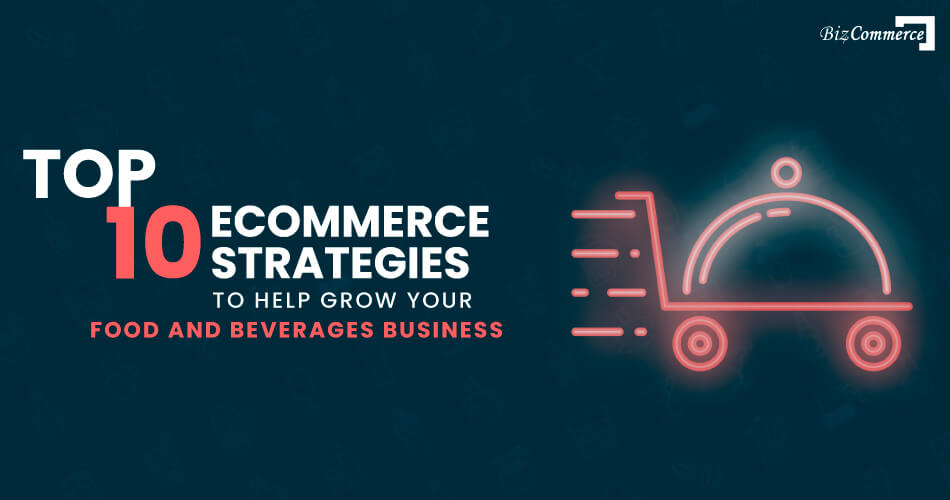How to Hire the best eCommerce Development Company for your Online Store?
Businesses worldwide are investing in technology and skills that will give them an edge over their competitors. An online store for your business will not only extend your market reach but also grow your audience base and give you excellent market coverage.
Hiring an eCommerce development agency will save your time, capital and effort in hiring, training and managing an entire team to get an online store up and running. Instead, you can focus your time on core business operations while this task can be handled by professionals!
eCommerce development companies comprise individuals with varied skill sets that help you get the most out of the capital invested while meeting project requirements, adhering to project deadlines and delivering a quality centric product. A good development company will seamlessly take you through the entire process of development, launch and post-launch updates, excellent user experience, bug fixes and post-launch support.
Take a look at some interesting statistics from Forrester-
● 25%+ of all retail sales will occur online by 2024
● Online Retail will reach US$2.5 trillion in the Asia Pacific By 2024
● eCommerce will reach $1.8 trillion and account for 17% of all B2B sales in the US by 2023
This article will serve as a comprehensive guide for your company to understand the best practices for hiring and onboarding the most suitable eCommerce development company for your online store.
Tips for Selecting a Suitable eCommerce Development Company
#1 Formulating a Project Requirement Document
Before you decide on a development company for your business, it's necessary to be very clear in terms of your business/ project goals. Only then can you convey these objectives to the development company. Formulate a Project requirement Document (PRD) that will outline the key features for your online store, your budget and time estimates, preferred tech stack, website functionalities, UI/UX requirements and other store design-related specifics. This document should be presented to the development company to avoid any roadblocks in communication. Your project needs must match with the deliverables of the eCommerce development company you choose.
#2 Identify Skill Set required
A suitable eCommerce development company should have a pool of the following skills-
- Technical Skills- This consists of developers well versed in web designing tools and technologies like HTML5, XML, CSS, PHP, JavaScript, .Net with proficient front end and back end technology skills.
- Content Development Skills- The company should have knowledge about services like integration with different Content Management Systems (CMS), Search Engine Optimization (SEO) techniques, blogging and documentation knowledge to help your business marketing strategy.
- Business Development Skills- Concerned project managers should know the eCommerce company’s product offerings (if any). They serve as a liaison between your company and the developers to keep all stakeholders on the same page while addressing and clearing out any misunderstood jargon during the development phase.
#3 Check out the Company's Clients
A fair bit of R&D on the company's clients will help you in the long run. While checking out their portfolio, it's essential to stay updated with the development company's previous works and client reviews. Get hands-on while checking out their work to understand the look and feel of their developed websites. If possible, contact the company's previous clients to help you set expectations regarding the development of your online store.
#4 Cost, Timelines and Methodology Estimates
While the Product Requirement Document (PRD) contains this information at the start of the project, it is a good practice to communicate with the development company regarding the cost, timelines, and methodology estimates to avoid overlooking a crucial pointer in the PRD. Set expectations about weekly or daily catch up with the development team to evaluate the project's progress.
- Cost- Ensure to obtain clarity around pointers like ○ Is the project going to be billed on a fixed pricing model or a variable model (as and when features are added/removed) ○ Will the company outsource team members? If so, what expectations have to be set in terms of security and privacy of data. ○ Are there any hidden costs involved- for example, if a new software needs to be purchased, will it be a part of your billing? ○ A good breakdown of the costs involved in the design, database configuration, and development will give you a clear picture of where you will be investing your capital.
- Methodology- Will the project follow an Agile or Waterfall Method? Get a clear vision of the risks involved in both practices. Agile will let you give feedback whenever a "development cycle" comes to an end. This feedback will then be incorporated in the next cycle, making sure that the project is shaped as per your requirement. In the Waterfall method, the project will be delivered in full and final without any feedback cycles during the development phase.
- Timelines- Understand whether the company will chunk timelines based on phases like setup, development and delivery. Also, in case they follow an agile method, clarify what will be the timeline breakdown for various cycles and when can you expect a demo of the store being developed.
#5 Post "Go-Live" Support
The company you select should provide services like bug fixes and security updates, and support even after launching the website. Post-launch support also comes in handy for server management or digital marketing practices once the site is launched. The aim is to give you a good Return on Investment (ROI) on your time and capital invested.
Best Practices to Seamlessly Integrate the eCommerce Developers once Selected
Here are some tried and tested ways to seamlessly integrate the eCommerce Development company once they have been finalized.
#1 Get them up to speed
Organize knowledge transfer sessions before the developers begin their work. These sessions should strive to give them complete information about the end product goals. Developers can also use this forum to communicate on achievable/ doable features for the website.
#2 Timely Communication
A work report or a JIRA board can be updated on a daily/ weekly basis and can be the primary means for communication and feedback between you and the developer. This report can outline the tasks to be performed and their projected deadlines. It can also highlight the developer's progress and outline any issues faced.
#3 Setting Expectations
In the case of an Agile methodology, understand what tasks will be done in which "sprint". Set realistic goals for tasks to be completed in each sprint and plan a workaround for backlogs (if any). Be on the same page with the developers of how the timelines are split into sprints.
In Conclusion
A good eCommerce development company can encourage long-term partnerships and mutual growth for both the third-party developers and your company. The end goal is for the company to develop an online store that is accessible, easy to navigate and maintain in the long run.
Ready to launch your eCommerce store? Biz4Commerce is a comprehensive eCommerce platform based on the latest MERN technology stack. The platform helps create highly efficient online stores.
Get in touch with our experts for free consultation today!! Contact us here
